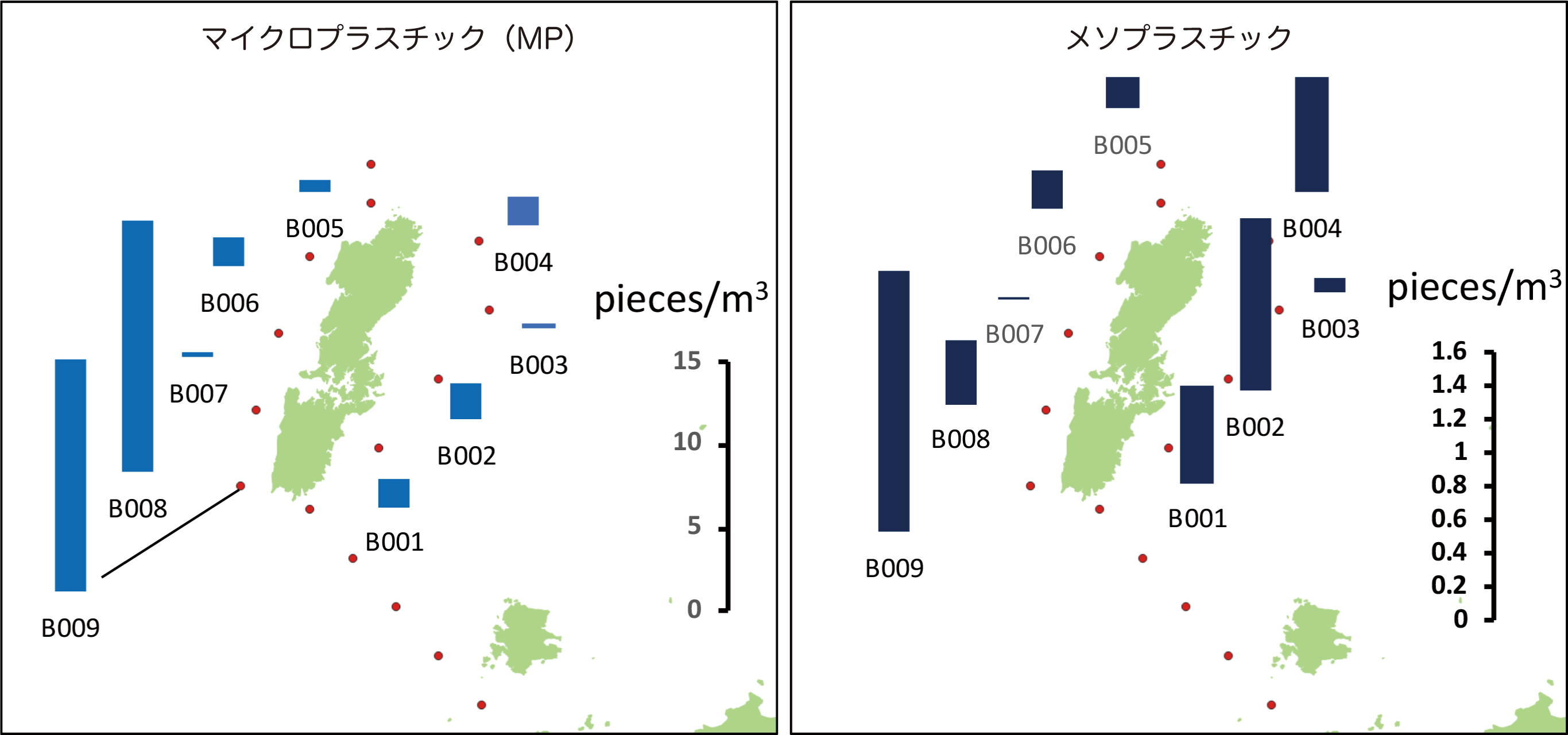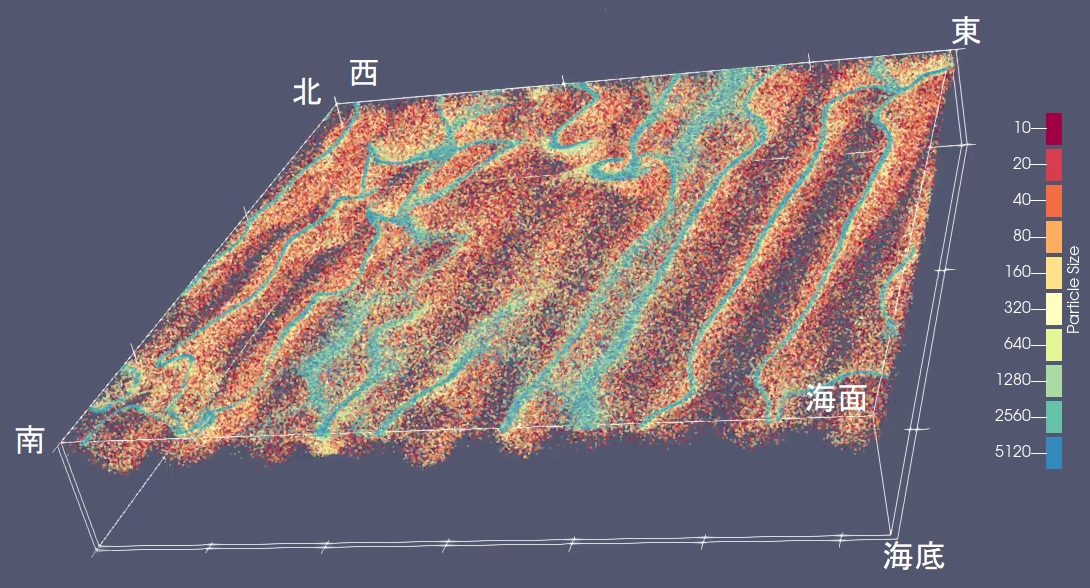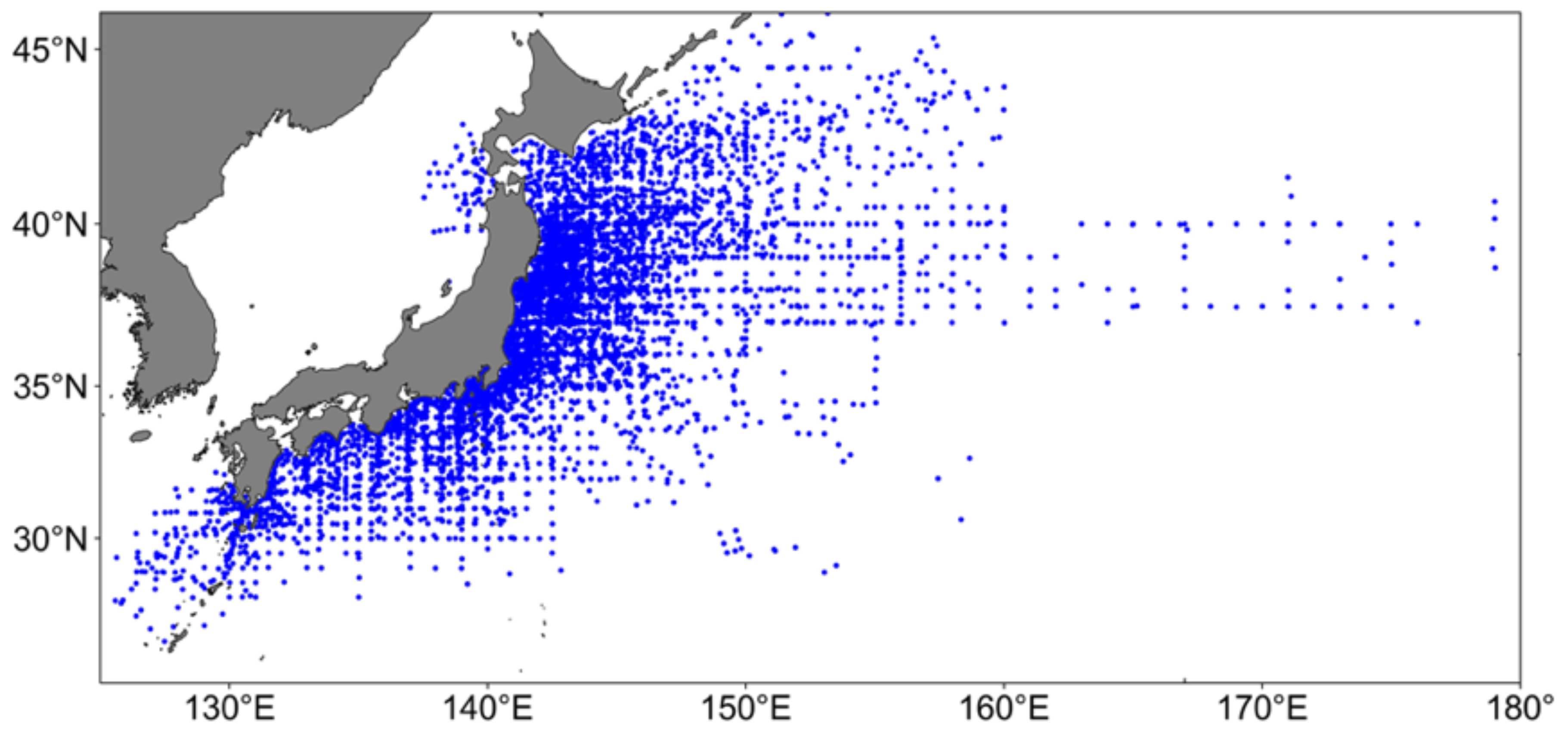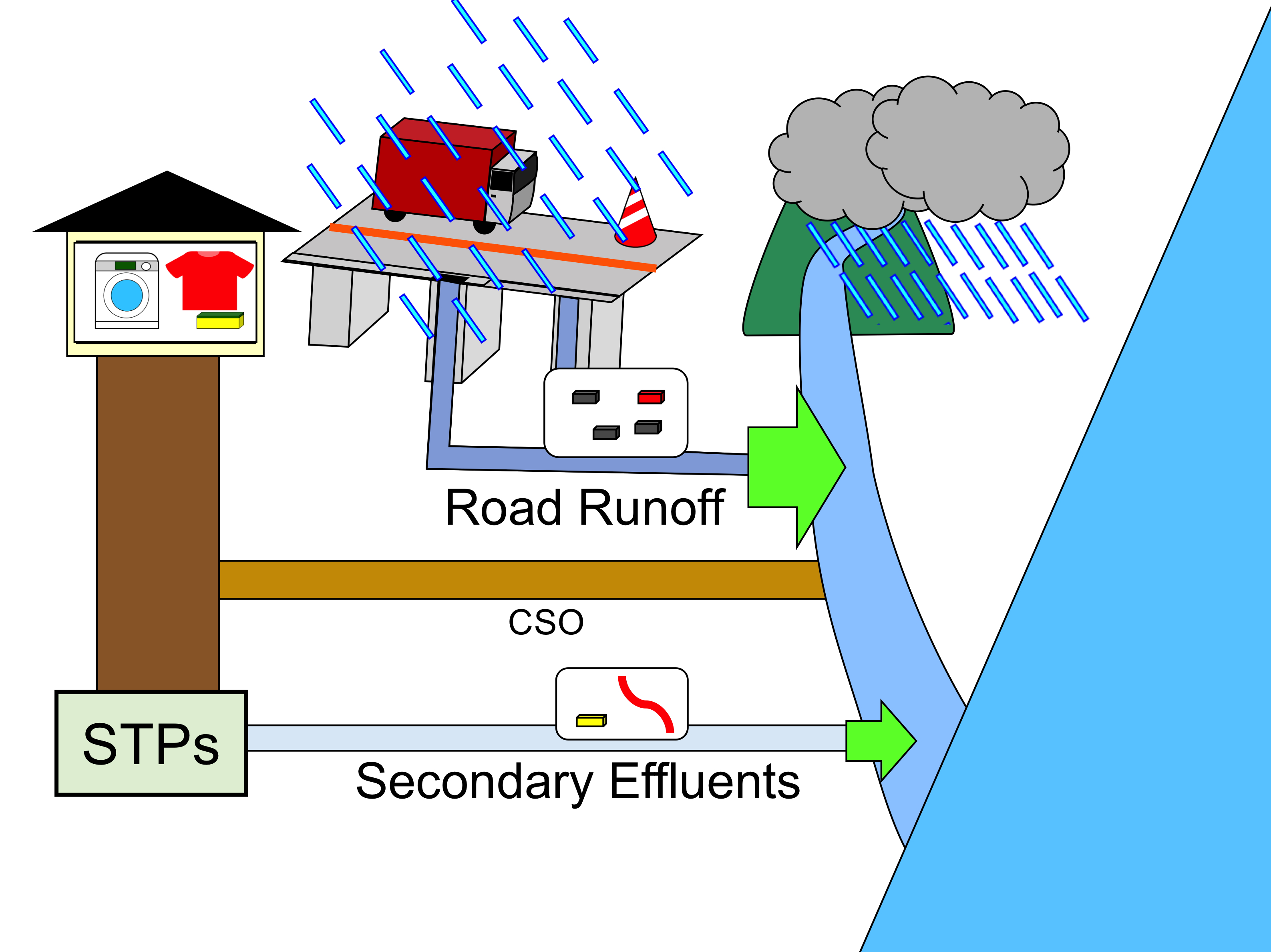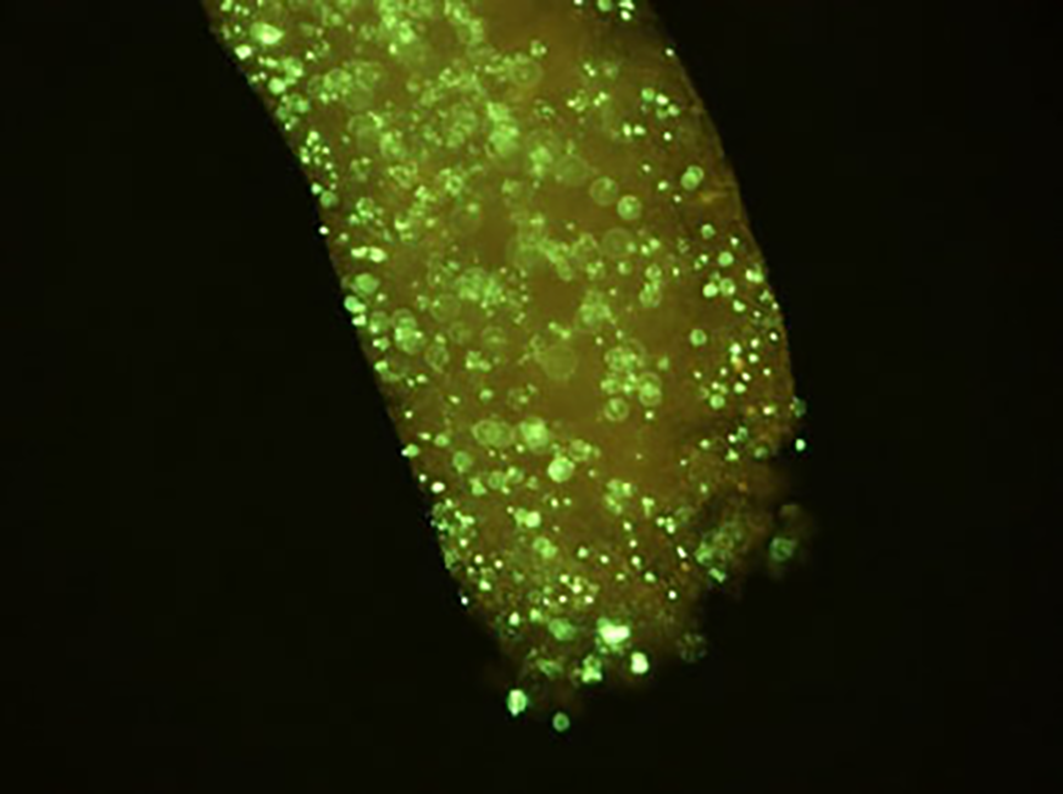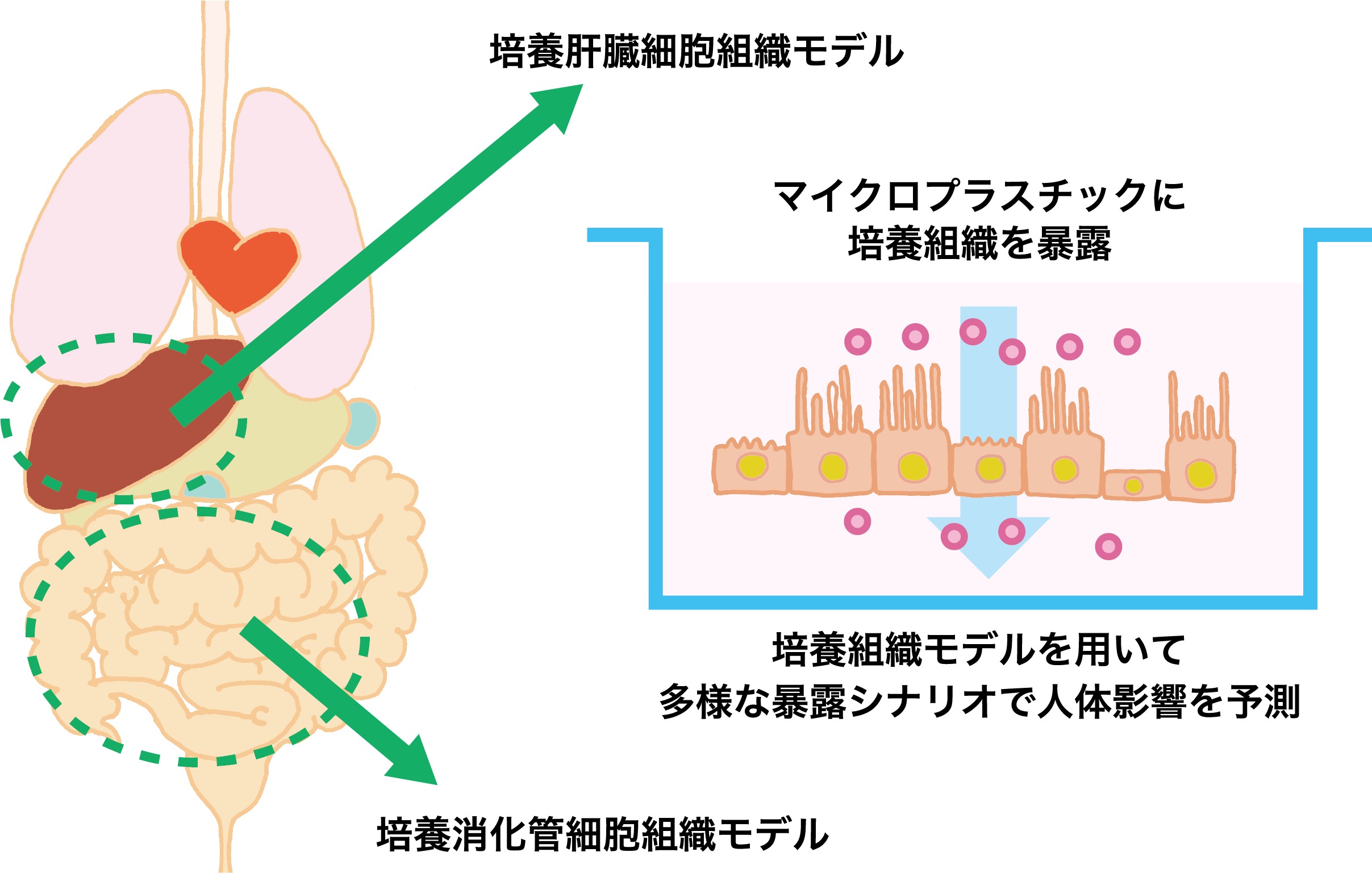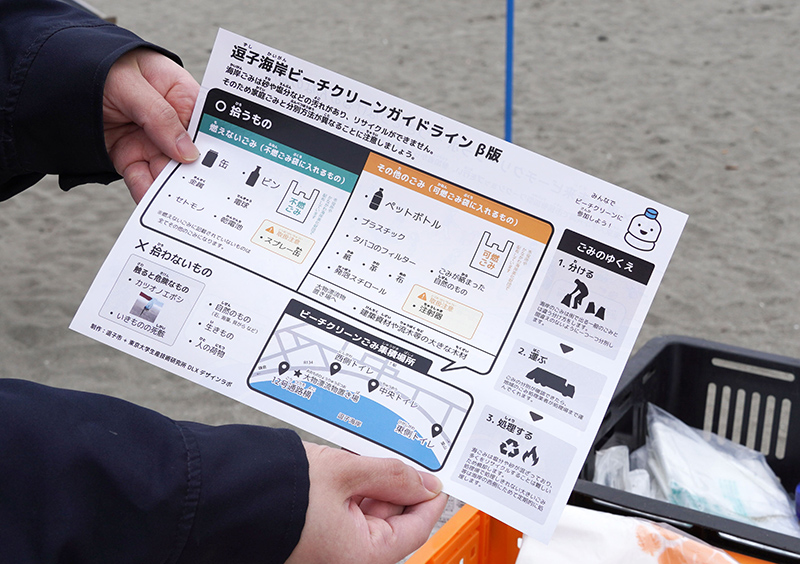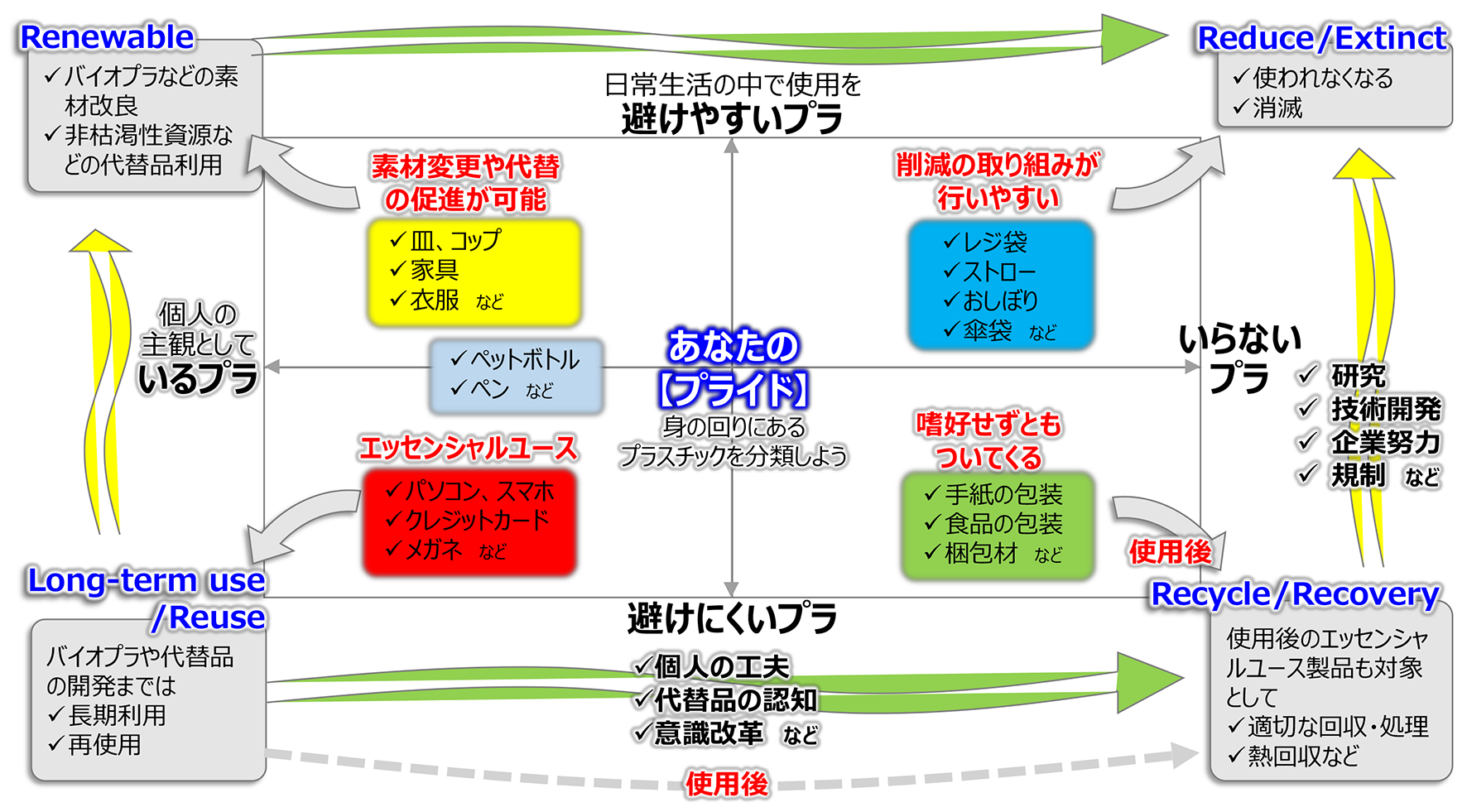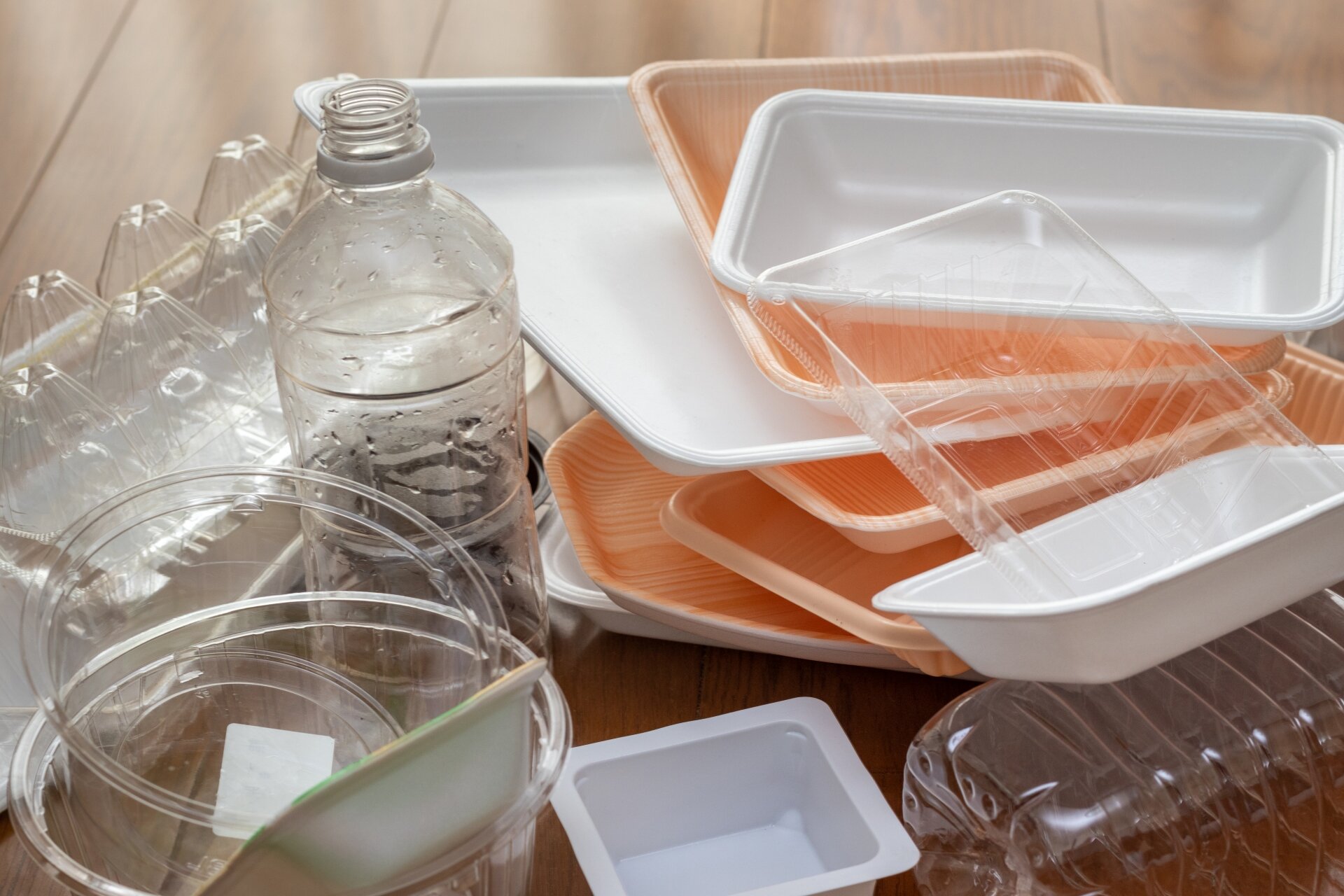- Home
- Research
Research
Act I. Improvement of scientific knowledge of marine plastic waste
We will enhance the scientific knowledge that forms the basis of our response to the problem of marine plastic litter, and communicate the problem correctly based on reliable scientific evidence. To this purpose, we are working on the following three themes, with the University of Tokyo at the core, and in cooperation with related universities.
Theme 1. Understanding the actual situation and behavior of microplastics in marine environment
Plastics are used in various fields such as plastic bags, food packaging, car parts and medical equipment. One of the major characteristics of plastic as a material is that it is lighter than water. Its properties do not change even when it becomes finer microplastics (plastic pieces of 5 mm or less), so it is not surprising that there are many of them floating on the surface of the sea. However, this is not the case. How do plastics move in marine environment and/or nature?
Information on the distribution and behavior of microplastics in the ocean is essential for taking effective measures to regulate microplastics. Based on the results so far, we are conducting hypothesis-testing research on the composition distribution and dynamics of microplastics in seawater and seabed sediment. In addition, we will analyze samples stored over the past several decades to clarify the history of marine plastic pollution.
1-1. Tracking and investigating the movement of microplastics in the ocean from the surface to the bottom
1-2. Clarifying the movement of microplastics through field data and numerical experimental models
1-3. Time-series changes in marine plastic litter over 70 years in the seas surrounding Japan: clarifying the historical transitions of marine plastic litter.
Theme 2. Evaluation of the influence of microplastics on the living organisms
Deteriorated or fragmented plastics are feared to affect not only marine organisms but also humans through the marine ecosystem. However, basic scientific knowledge regarding such effects is critically lacking. Research on the effects on the marine ecosystem as a whole has gradually increased. Furthermore, the effects on the human body have also been pointed out, and it has become clear that microscopic plastic particles are taken up by blood vessels and some lymphoma cells, and that plastic-related chemical substances react in the body.
Based on these facts, we are promoting research on the evaluation of the physical and chemical effects of minute plastic particles on the ecosystem and the human body, and on the long-term effects.
2-1. Process of microplastic discharge from land to sea and chemical and physical effects on organisms caused by microplastics
2-2. Behavior of plastic-related substances in the food chain, genetic response
2-3. Mechanism of plastic introduction into cellular tissues and assessment of its effects on the human body
Theme 3. Comprehensive research on plastic waste reduction measures
Marine plastic debris originates from human societies on land. Thus, reducing it requires dynamic changes not only in the industrial structure but also in the lifestyles of individuals. The solution to marine plastic pollution is to reduce the amount of plastic flowing into the ocean, but the most important thing is to reduce the amount of plastic we use. Therefore, based on the results of the natural sciences, we will combine the perspectives of the humanities and social sciences to develop trash reduction measures, management strategies, and effective policy options for reducing plastic waste for society as a whole.
We are conducting social scientific research aimed at presenting information and encouraging citizens to change their behavior. In the future, we will work with local governments to further develop pilot projects for social implementation, including measuring the effects of citizen participation activities and considering institutional aspects.
3-1. Citizen participation in microplastic survey
3-2. Social practical research into consumer awareness and behavior change for plastic waste reduction
3-3. Creating policies and rules to reduce plastic waste
Theme 4. Results up to the first phase
By elucidating the behavioral principles of people who practice marine environmental conservation and understanding the motivations of citizens who clean up plastic waste and those who work to reduce emissions, we will create good policies for plastic reduction that incorporate these principles. It seems possible.
4-1. Principles of action and environmental awareness of citizens working on environmental conservation
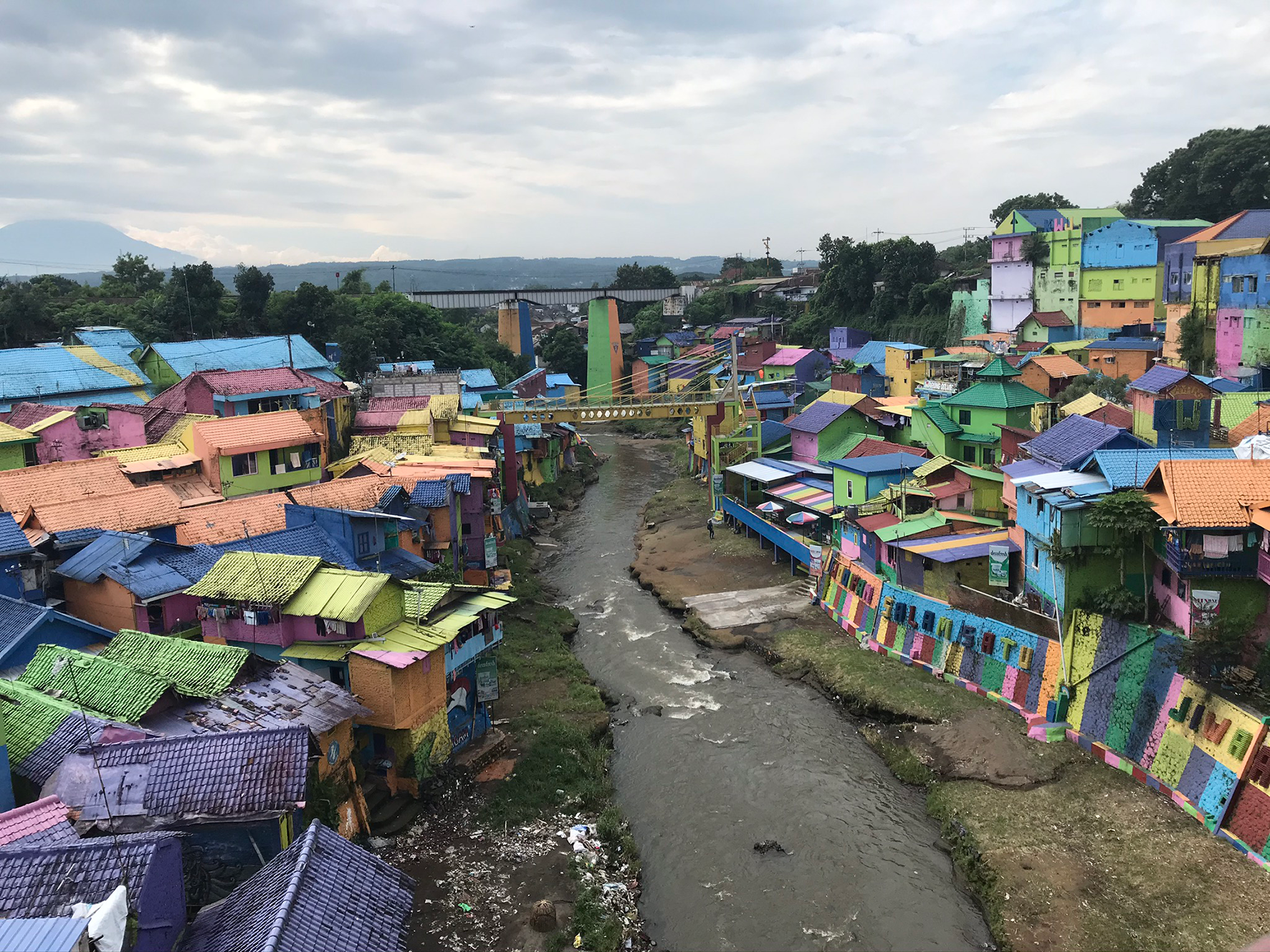
By elucidating the behavioral principles of people who practice marine environmental conservation and understanding the motivations of citizens who clean up plastic waste and work to reduce emissions, it may be possible to develop good plastic reduction measures that incorporate these principles. Therefore, a questionnaire survey on grocery shopping and the problem of plastic litter in the oceans was conducted in Japan in October 2020 to understand the correlation between individuals' views of nature and their response to the plastic problem.
MORE(JP)4-2. Production and promotion of plastic substitutes by effectively utilizing agricultural waste
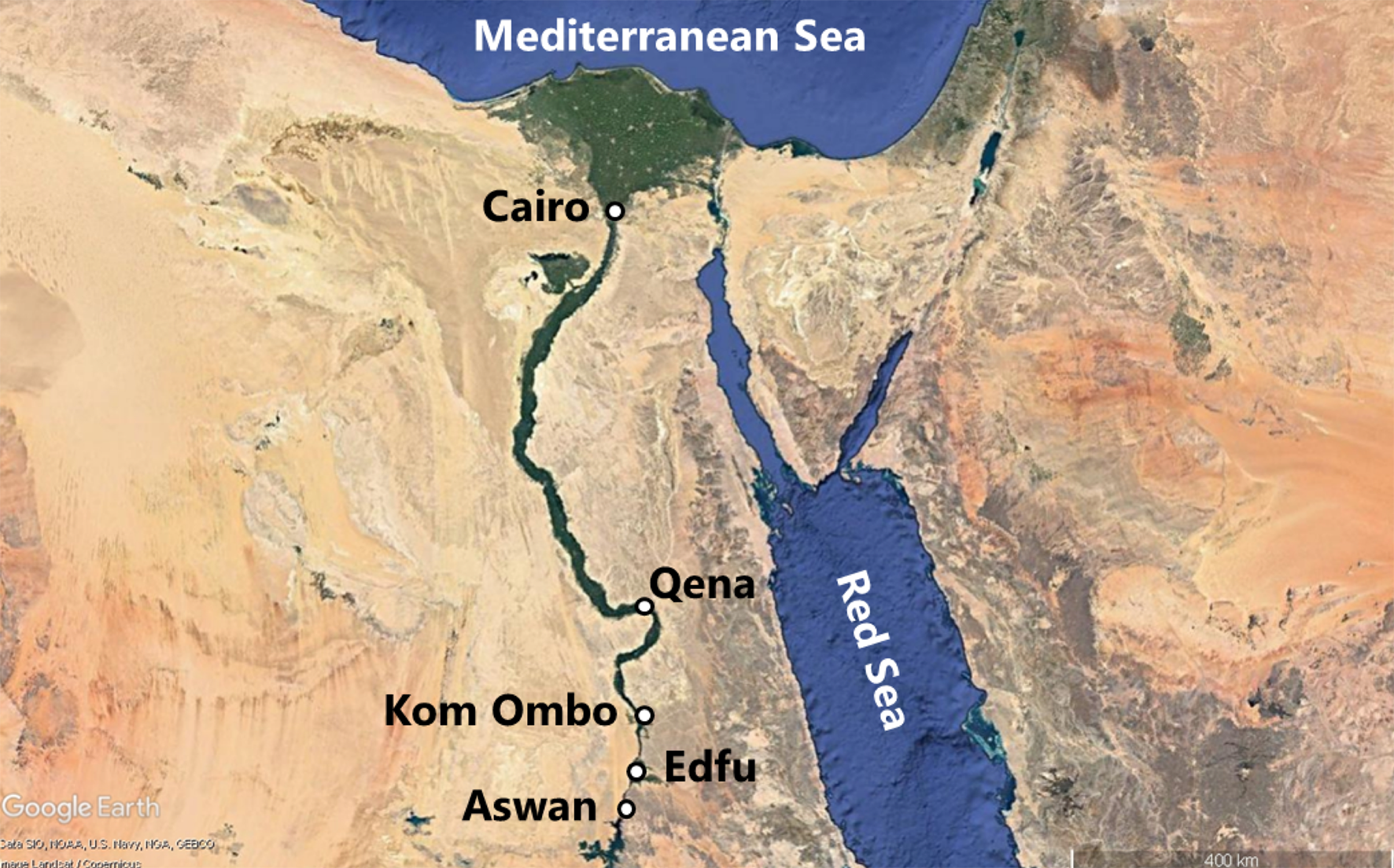
In order to reduce the production and consumption of petroleum-based plastics, we carried out a joint project with the United Nations Industrial Development Organization (UNIDO) in Egypt to produce paper from sugarcane bagasse (the residue left after sugarcane juice is extracted) as a plastic alternative material.
MORE(JP)Act II. Construction of research platforms and dissemination of information
In order to strengthen cross-sectional collaboration with researchers in different academic fields both domestically and internationally, we are building a "research platform" and strengthening the dissemination of information such as research results. As part of this effort, we will promote collaboration with the United Nations Industrial Development Organization (UNIDO) and European research projects.




